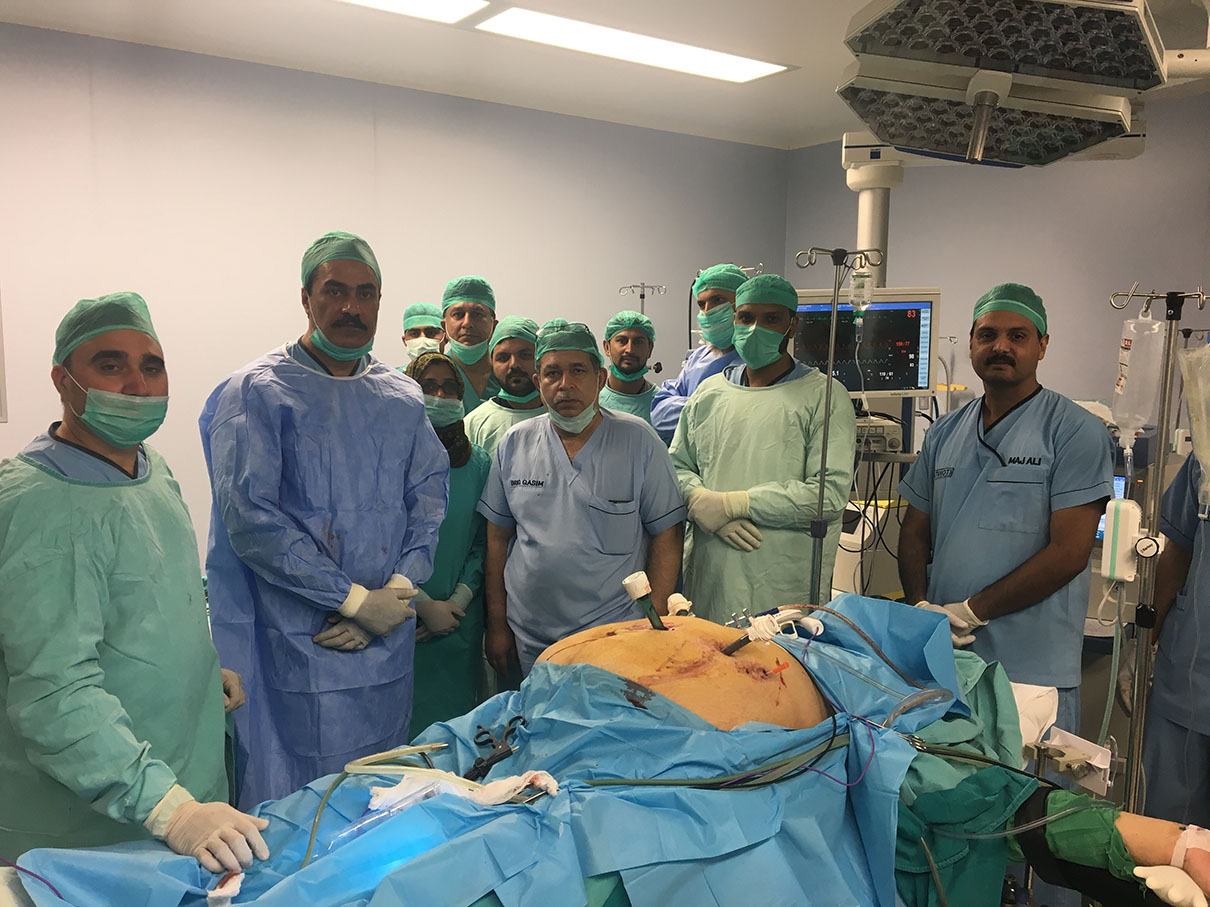Are you contemplating bariatric surgery but unsure if it’s the right path for your weight loss goals? This article will help you assess whether bariatric surgery aligns with your needs, expectations, and lifestyle.
Understanding Your Weight Loss Goals
Before considering bariatric surgery, it’s crucial to have a clear understanding of your weight loss goals and the reasons behind them. Reflect on questions such as:
- How much weight do you want to lose, and is this a healthy and realistic goal?
- Have you tried other weight loss methods without success?
- Are obesity-related health issues impacting your quality of life?
Bariatric Surgery Candidacy Criteria
Bariatric surgery is typically recommended for individuals who meet specific criteria, which may include:
- A Body Mass Index (BMI) above a certain threshold, often 40 or higher, or a BMI of 35 with obesity-related health conditions.
- A history of unsuccessful attempts at sustained weight loss through diet and exercise.
- Commitment to long-term lifestyle changes and follow-up care.
Types of Bariatric Surgery
To determine if bariatric surgery is right for you, it’s essential to understand the various options available. Some of the common types of bariatric surgery have been discussed earlier, including gastric bypass, sleeve gastrectomy, adjustable gastric banding, and mini gastric bypass. Each procedure has its own benefits and considerations, so it’s crucial to consult with a healthcare provider to determine which one aligns best with your goals and health needs.
Risks and Benefits
Like any surgical procedure, bariatric surgery carries risks and benefits. Potential risks may include infection, bleeding, or complications related to anesthesia. However, these risks are typically low, especially when performed by experienced surgeons in accredited facilities.
The benefits of bariatric surgery are numerous and often life-changing. Successful weight loss through surgery can lead to:
- Improved overall health and reduced risk of obesity-related conditions such as diabetes, hypertension, and sleep apnea.
- Enhanced mobility and increased energy levels.
- Better quality of life and increased self-esteem.
Long-Term Commitment
It’s essential to understand that bariatric surgery is not a quick fix. Success requires a long-term commitment to lifestyle changes, including:
- Following a prescribed diet and portion control.
- Regular physical activity and exercise.
- Ongoing medical follow-up to monitor progress and address any issues.
Consultation and Evaluation
Before undergoing bariatric surgery, you will undergo a comprehensive evaluation, which may include medical assessments, psychological evaluations, and consultations with dietitians and surgeons. This process helps determine if you are a suitable candidate and prepares you for the changes that will follow the procedure.
The Importance of Support
Having a strong support system in place can significantly enhance your success with bariatric surgery. Support can come from family, friends, support groups, or mental health professionals who can help you navigate the emotional aspects of the journey.
Success Stories
To provide inspiration and insight, we share real-life success stories of individuals who have undergone bariatric surgery. These stories highlight the positive impact of surgery on their lives and underscore the potential for transformation through this weight loss journey.
In conclusion, bariatric surgery is a powerful tool for weight loss and improved health, but it’s not the right choice for everyone. Assessing your goals, understanding the criteria, and weighing the risks and benefits are crucial steps in determining if bariatric surgery aligns with your needs and aspirations for a healthier future.






